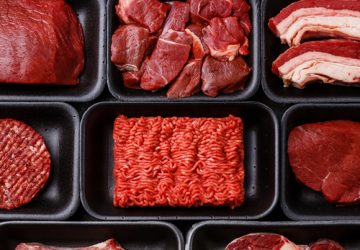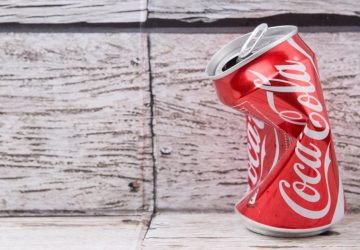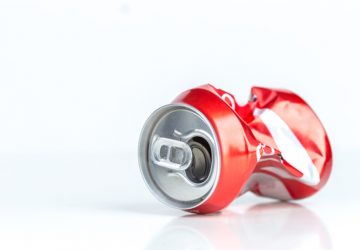Last week, at a summit featuring such noted nutrition experts as SpongeBob SquarePants and Jared the Subway sandwich guy, California Governor Arnold Schwarzenegger signed a bill that forbids public schools from selling sodas. Commenting on the move, Dr. William Dietz, director of the division of nutrition and physical activity for the Centers for Disease Control and Prevention, noted in response: “the evidence that control of soft-drink intake is effective against obesity is pretty limited but logical, since it accounts for a lot of calories.” But if it’s so logical, why is there so little evidence? And why is the Governor terminating diet sodas, too? After all, they account for zero calories.
Whatever Dietz’s logic may tell him, extensive scientific evidence shows that soda does not meaningfully contribute to childhood obesity, but a lack of physical activity does. Here, here, and here are discussions of studies demonstrating that soda is not a contributor to obesity in kids. Here, here, and here are information on studies highlighting the overwhelming importance of physical activity. Dietz himself recognized this point in his own testimony before Congress in 2002, saying: “Physical activity represents our most effective strategy for obesity and the one for which the most substantial body of evidence exists.“
More low-fat icing on the cake was provided just last week by the Canadian Medical Association Journal, which published a study driving home both of these essential facts. The study’s authors wrote: “Children from schools with and without sales of soft drinks consumed an average of 33.5 and 32.5 [grams] of sucrose per day respectively.” That extra gram of sucrose accounts for four calories — or the equivalent of two peanuts.
Not surprisingly, the study found that soda in schools was “not associated with significantly increased risks of overweight.” The amount of soda schoolchildren typically consume “were likely insufficient to bring about differences in body weight.” Furthermore, children in schools “with more frequent physical education classes were increasingly more likely to have normal body weight.” In the authors’ opinion, the connection between obesity levels and frequency of PE classes was “striking.”
The California soda ban is yet another example of food cops legislating first and asking questions later. The Los Angeles Times reports that State Senator Martha Escutia (D-Montebello), who sponsored the anti-pop legislation, “said she might look into tweaking” her work. According to the Times, Escutia “can’t turn a blind eye” to other scourges, such as juice.




